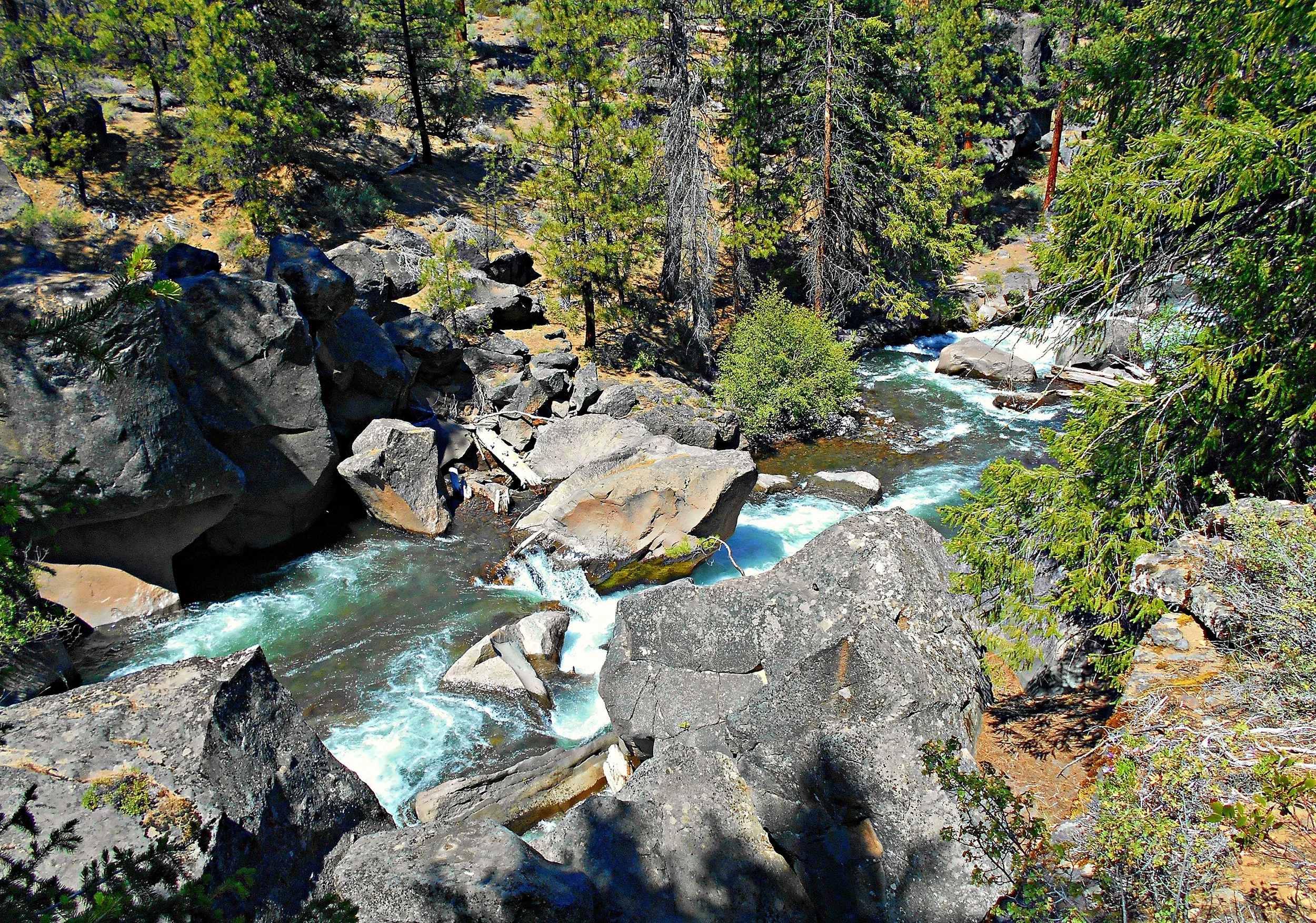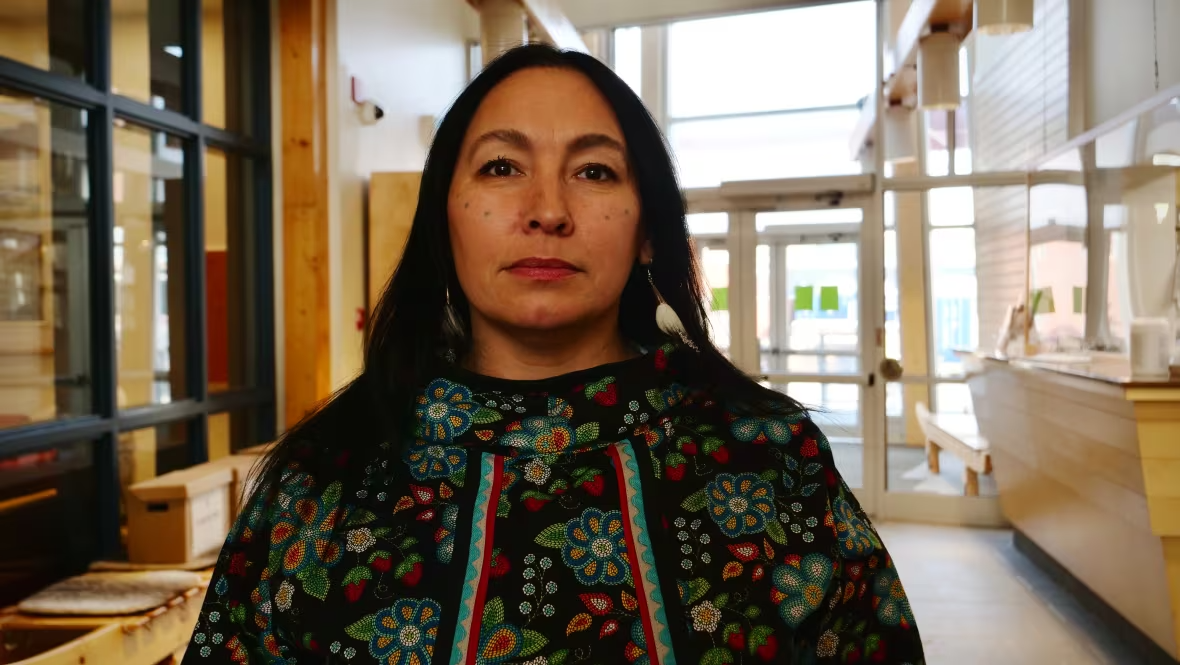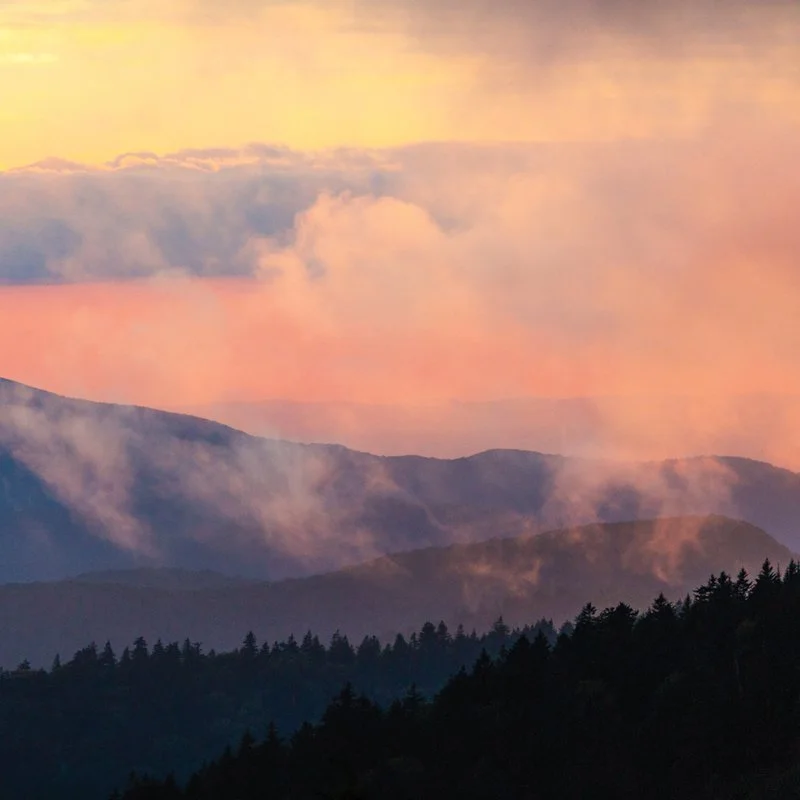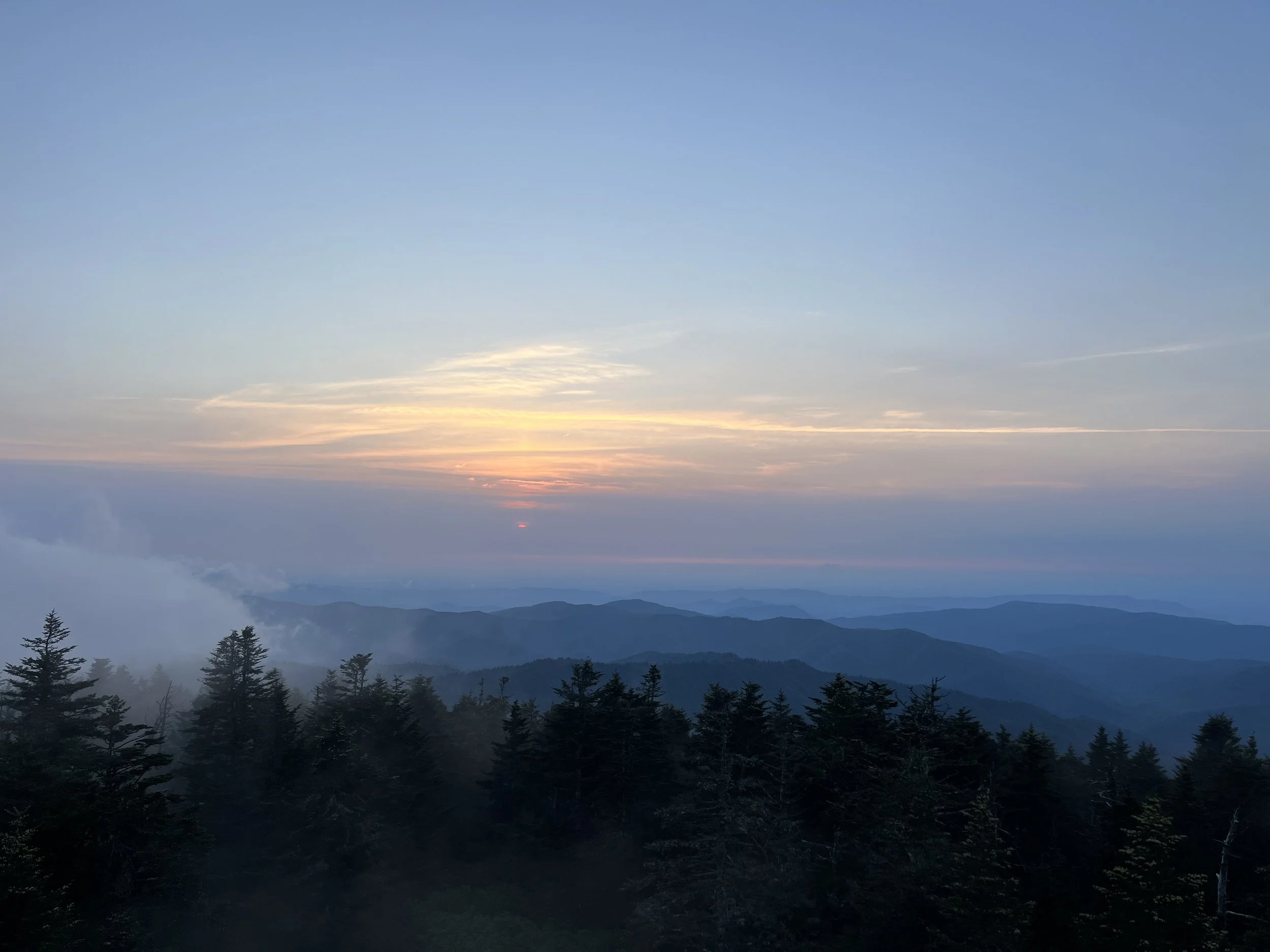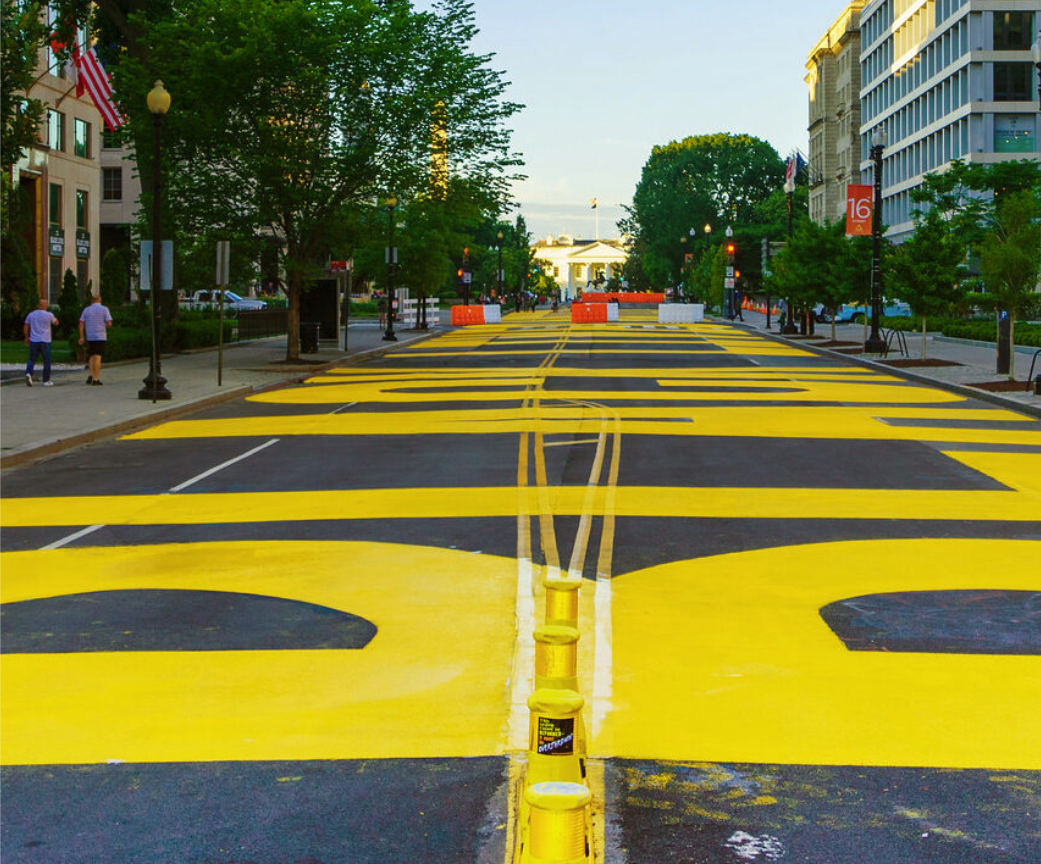
Resources
Palisades Tahoe was previously named with a slur against Native women. Learn more against this place’s journey to a new name here. (Photo Credit: Richard Gunion)

News and articles
Resources, Toolkits, and Research
-

Renaming the Land, Erasing the People
“States use toponymic policies to assert control, construct dominant narratives, and displace alternative histories. The impact of such measures is far-reaching, when communities are denied the right to name their own places in their own languages, they lose more than cultural or linguistic recognition, they face the gradual erasure of their cultural identity and historical presence in a region. UNPO has consistently emphasised that the right to preserve and use traditional place names as a vital aspect of self-determination and cultural rights. Place names are not only markers of land, but also of belonging. They reflect traditional knowledge systems, sacred geographies, and intergenerational connections to a territory. Their preservation is therefore essential to the survival of distinct identities.”
-

Interactive derogatory place names map
Explore current derogatory place names (red) and renamed places (gray), using this map put together by the Coalition for Outdoor Renaming & Education. This dataset represents a selection of offensive place names, is not exhaustive, and is subject to change as we learn more about these places.
Please note that this map includes racist and derogatory terms. Exercise caution and self-care as you use this resource.
-

A guide to changing racist and offensive names on public lands
Across the United States, thousands of features on public lands bear racist and offensive names. From tributes to Confederate leaders and slave owners, to ethnic and misogynistic slurs, these names perpetuate violence and oppression rooted in our nation’s history of colonization and prejudice.
Co-produced by The Wilderness Society and the National Association of Tribal Historic Preservation Officers, this guide aims to make it easier for Tribal Nations, grassroots organizations, local leaders, and the general public to take action against racist and derogatory places names.
-

Words are Monuments
A national reckoning with US history and racial injustice has been playing out on the terrain of monuments, museums, school curricula, and increasingly—maps. In a new report, “Words Are Monuments,” scientists analyzed 2,200 National Park place-names, asking how place-names perpetuate settler-colonial myths. While the federal government plans to rename 660 place-names with the derogatory term “sq**w,” the new study reveals the system-scale problem of place-names on public lands.
Place-names encode a way of seeing, understanding, and relating to the land. They inscribe our social values on official maps for the future generations. Renaming campaigns demonstrate how oppressive word-monuments–as symbols of extraction, erasure, and enclosure–can be replaced and reclaimed as life-affirming sites for cultural resurgence and #landback



